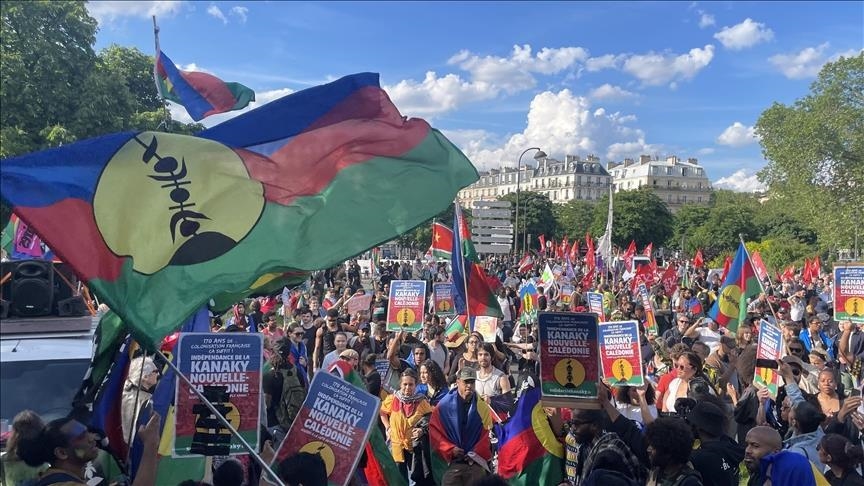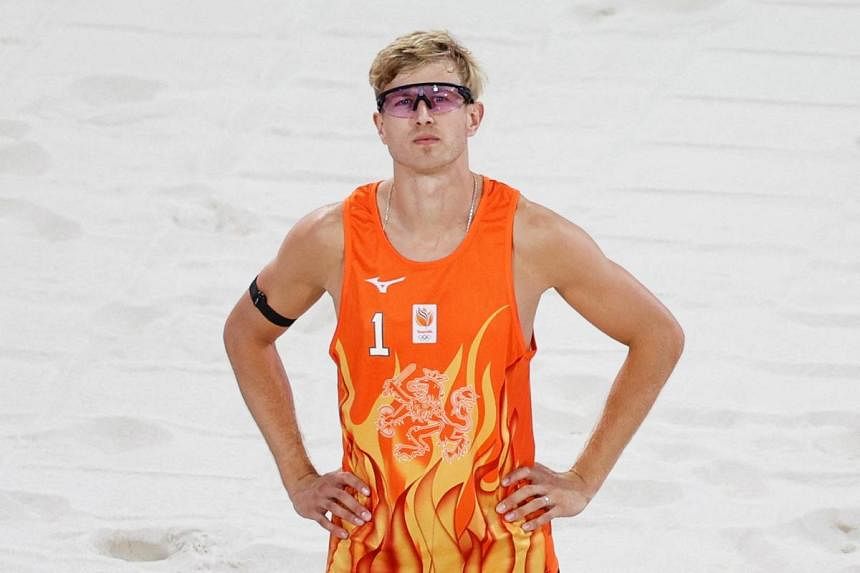Ukraine kept Kursk assault plans secret from West, second Russian mobilisation possible

Ukraine kept the details of its Kursk assault plans secret from West until the last minute. But Russian may be forced to call another mobilisation before the end of the year as it starts to run out of men again. / bne IntelliNews
By Ben Aris in Berlin August 14, 2024
Ukraine did not share any details of the operation in Kursk Oblast with its Western partners until it was in full swing, Bloomberg reported.
A Western official who spoke to Bloomberg on condition of anonymity said Ukraine was considering several options for an attack that would have caught Russia off guard.
When asked whether Kyiv warned Washington prior to the attack and whether the United States was assisting Kyiv in that regard, White House Press Secretary Karine Jean-Pierre told journalists: "Absolutely not."
"No, we had nothing to do with this. This is something for the Ukrainians to speak to their military operations. Our policy has not changed on this," she added. "What we are going to continue to do, as we have been for the past two-plus years, is to continue to provide Ukraine with the assistance that they need," Jean-Pierre added.
Currently, the West is refraining from making any specific assessments of the Ukrainian Armed Forces' operation but considers it unlikely that Ukrainian troops will be able to hold Russian territory, Bloomberg writes.
Ukraine’s Foreign Minister Dmytro Kuleba briefed EU foreign policy chief Josep Borrell on the battle for Kursk on August 14 and also discussed arms production and weapons supplies.
Kuleba said that in his conversation with Borrell, he focused on steps "to scale up Ukraine-EU cooperation in weapon manufacturing and delivery."
"I also informed Josep about the details of Ukraine’s operation in the Kursk region," the minister added without elaborating, reports Ukrayinska Pravda.
Oleksandr Syrskyi, Commander-in-Chief of the Armed Forces of Ukraine says the AFU have taken control of about 1,000 square kilometres of Russian territory and that Ukraine’s defence forces were in control of 74 settlements in Russia’s Kursk Oblast.
"The grouping of the Armed Forces of Ukraine keeps conducting the operation in the territory of Kursk Oblast. Today our troops advanced from one to three kilometres in some areas. 40 square kilometres were taken under control, and, as of today, 74 settlements remain under our control. The fighting is ongoing all along the frontline. The situation is under control despite the high intensity of combat action,” Syrskyi said, as cited by Ukrayinska Pravda.
“The purpose of the Ukrainian Defense Forces’ raid in Russia’s Kursk region is not to seize foreign territories, but to preserve the lives of Ukrainians and protect own territory from Russian attacks. Ukraine’s actions are absolutely legitimate as the Armed Forces do not violate international humanitarian law,” Ukraine’s Ministry of Foreign Affairs said in a statement.
Putin suggested on August 12 that Ukraine’s land grab in Kursk was simply a ruse to improve its hand ahead of mooted ceasefire talks this November, adding the assault makes those talks less likely to happen.
What the Russians are calling a “counter-terrorist operation” in the border areas is being personally led by FSB Director Alexander Bortnikov. And on August 13 Putin appointed his former bodyguard, former governor of the Tula region and rising Russian political star, the current presidential adviser on the military-industrial complex Alexey Dyumin to oversee the military operation.
Separately, at a televised briefing acting governor of Kursk Alexey Smirnov said that the AFU had penetrated 12km deep into Russian territory, along a 40km of the border, to take 480 square kilometres of territory, earning a rebuke from Russian President Vladimir Putin. “You are not supposed to reveal details like that,” the Russian president said.
Smirnov also said that 28 towns and villages in Kursk Oblast were "under enemy control", not 74. The DeepState military blogging channel on Telegram put the number of captured settlements at 44.
More than 120,000 people left the Kursk Region areas close to the Ukrainian border, or were evacuated. According to the Russian Defence Ministry, Ukraine has lost up to 2,030 servicemen, 35 tanks and 31 armoured personnel carriers since the start of fighting in the Kursk Region. The Ukrainian Defence Ministry has not commented on the number of its casualties, nor has the number of men used in the assault been revealed.
Russia brings up reinforcements
Belarus is transferring military equipment to Russia at Moscow’s request as the Kremlin scrambles to find resources to counter Ukraine’s invasion of the Kursk region.
The equipment is needed due to losses and a lack of equipment in the Kursk Oblast and other areas, Belnovosti reported, citing an undisclosed source in the Belarus’ defence ministry.
Russian troops are also reportedly digging trenches some 45km behind the lines and from the Ukrainian border as a defensive preparation for what could become a long confrontation.
The Kremlin may call a second round of mobilisation later this year to replace casualties on the front line, Bloomberg reports. The campaign to recruit new fighters in Russia is slowing with regions only filling two thirds of their quotas according to the Russian press. Russia is moving more men and equipment to Kursk to counter Ukraine’s incursion, but it had already committed much of its reserves to the frontline in the Donbas and was already short of men.
Putin already held one partial mobilisation in September last year to raise an additional 300,000 men. Three sources close to the Kremlin and the Russian Defence Ministry told Bloomberg that the Russian military is losing more men at the front than it is recruiting as casualties are at their highest since the February 2022 invasion began.
Previously Russia has been recruiting some 30,000 men a month, enough to replace losses at the front. However, since the fighting intensified in the last months as Russia recaptures several hundred kilometres of territory, the casualty rate has gone up just as the recruitment rate starts to fall.
Officials might disguise the mobilisation as a "rotation" designed to allow the soldiers currently fighting on the front to take a break, according to one source, while another said that the new mobilisation might happen before the end of this year.
“[Russia] faces mounting casualties with fighting largely at a stalemate," Bloomberg wrote, quoting one of the sources. There is no longer talk of seizing Kyiv and other Ukrainian cities because Russia does not have the manpower, the source said.
As bne IntelliNews reported, Russia has withdrawn about half a dozen units from the frontline in Donbas which are on their way to Kursk. Russia has withdrawn troops from Zaporizhzhia and Kherson oblasts in Ukraine and is moving them to the Kursk Oblast, Politico reports, citing Dmytro Lykhovii, spokesperson of the Tavriia Operative Strategic Group of Ukraine's defence forces. Lykhovii said it was a "relatively small" number of units, but added other units from other locations were also on their way to the fighting in Kursk.
According to Lykhovii, Russia is building up a concentration of troops in the Zaporizhzhia Oblast in preparation for a counterstrike.
_0.jpg)




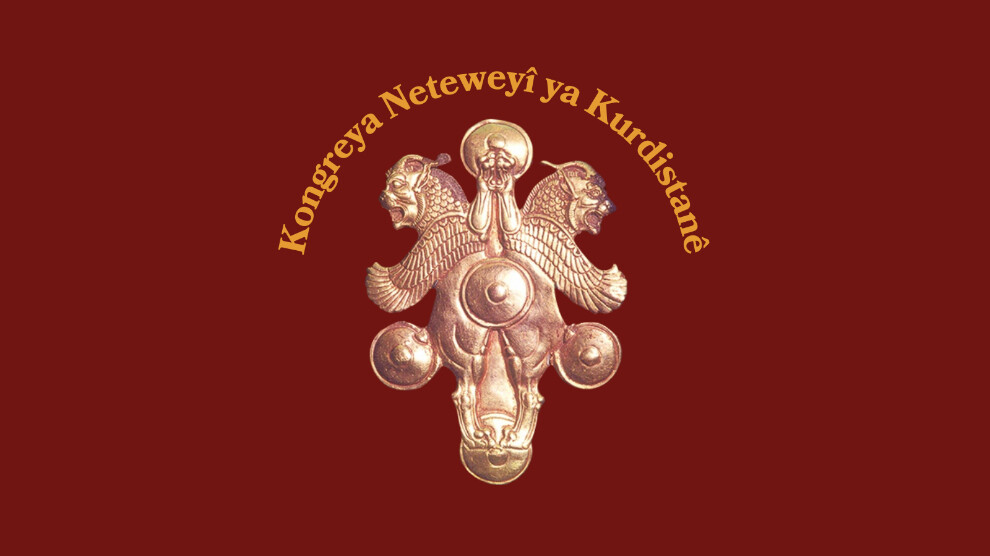
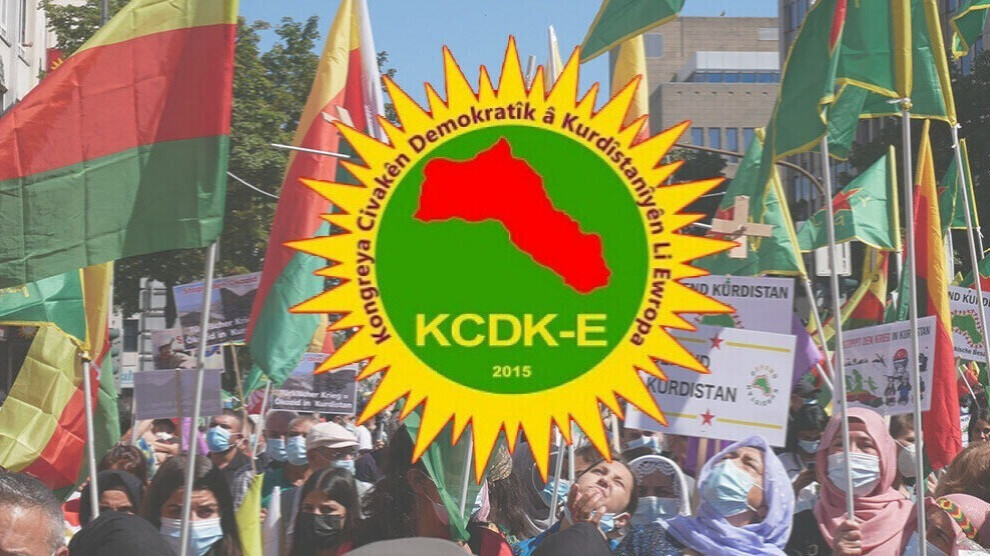
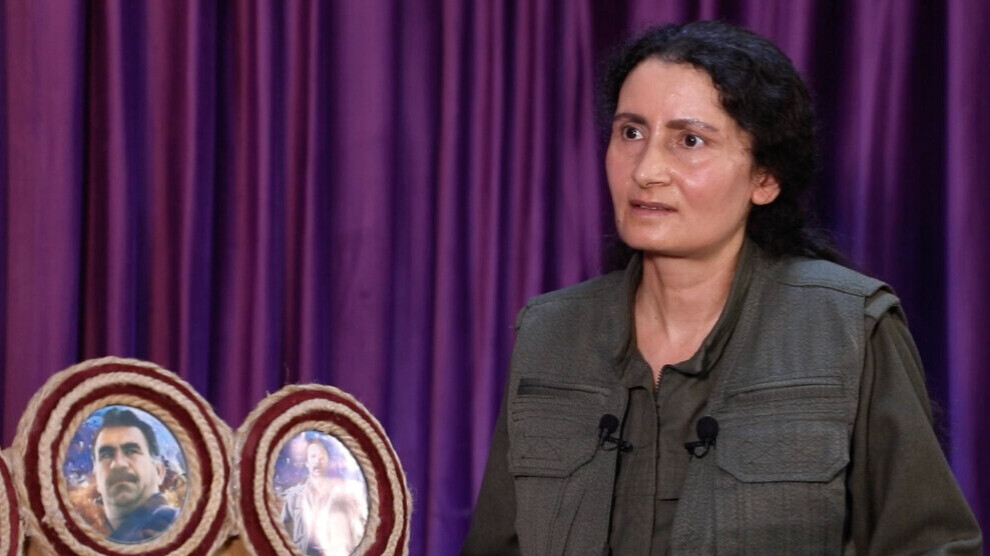
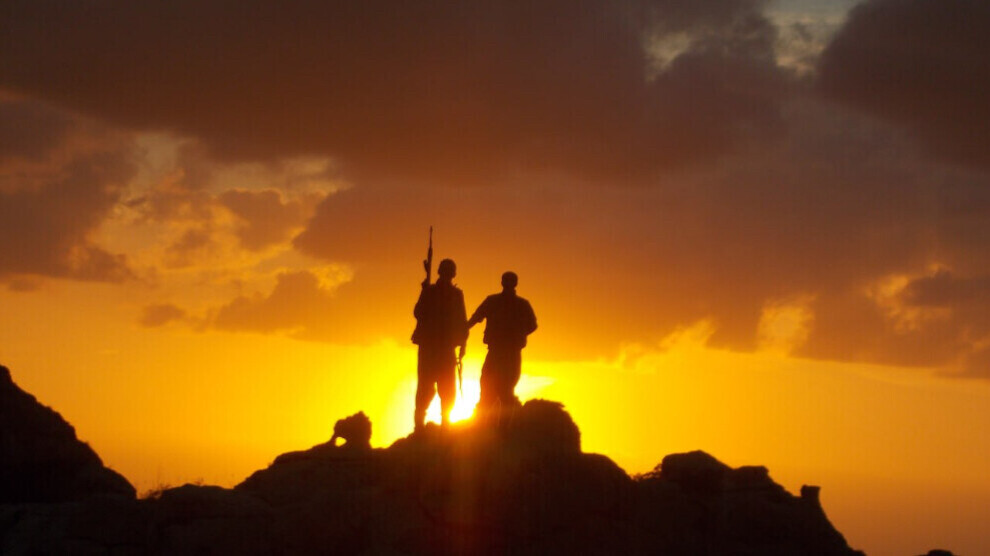
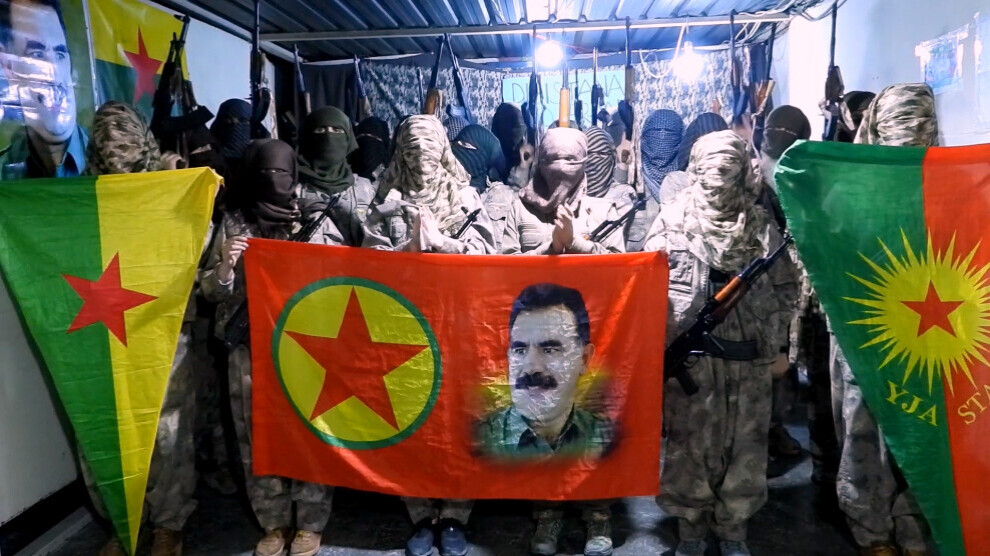


 A girl protects herself from the sun with an umbrella at Arun Ratchawararam Ratchawaramahawiha temple in Bang Yai district, Bangkok, in April 2024. (Photo: Pattarapong Chatpattarasill)
A girl protects herself from the sun with an umbrella at Arun Ratchawararam Ratchawaramahawiha temple in Bang Yai district, Bangkok, in April 2024. (Photo: Pattarapong Chatpattarasill)




